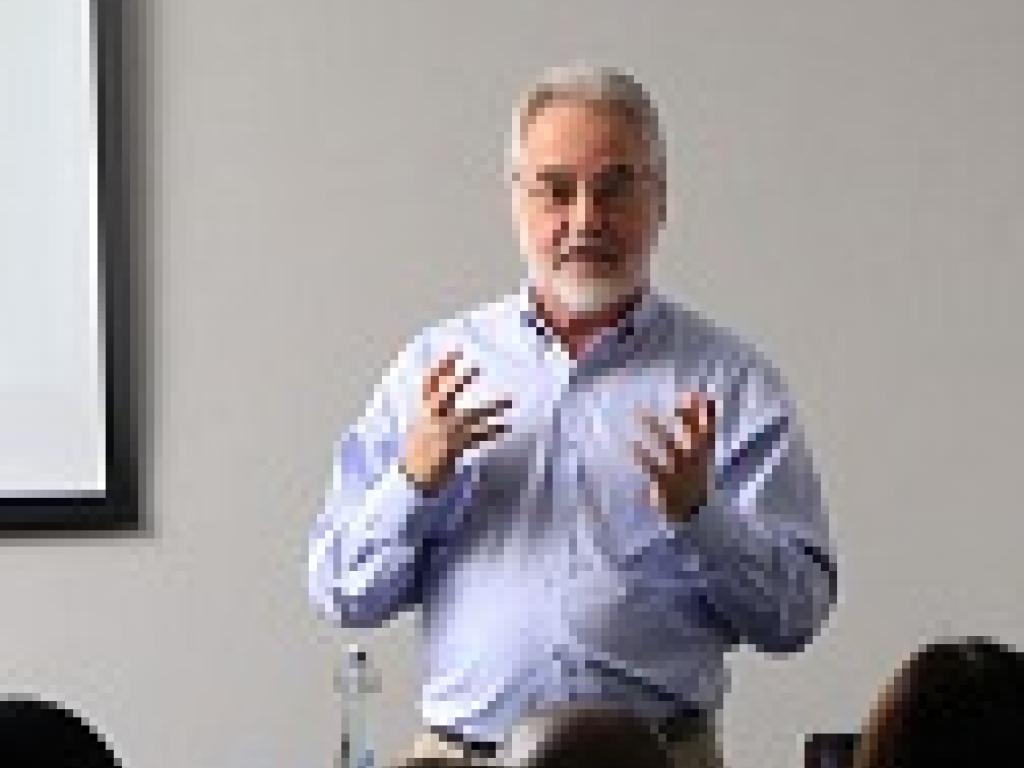Politics, parents and the search for solutions to turn SA’s schools around

The state of basic education in South Africa came under the spotlight at an educational workshop, hosted by the Graduate School of Development Policy and Practice (GSDPP) at the University of Cape Town in April this year.
The half-day workshop shared with participants the preliminary findings of five research projects on politics and governance of basic education in South Africa; two from the Western Cape, two from the Eastern Cape and one national project. These formed part of the global, comparative Effective States and Inclusive Development (ESID) research programme, coordinated by the University of Manchester, and funded by the United Kingdom’s Department for Economic Development.
Three of these research papers have subsequently been issued as working papers by the ESID research programme. GSDPP Director Alan Hirsch said the workshop was very productive. “It was great to have the MEC for education in the Western Cape, Debbie Schäfer, present and very engaged in the meeting, alongside experienced educators and a range of researchers.”
The workshop was attended by a wide range of academics, policymakers and experts, including Julia de Bruyn from the Treasury, Dr Crain Soudien, CEO of the HSRC, Professor Jeremy Seeking, the Director of the Centre for Social Science Research, as well as officials from the Western Cape Education Department and the Executive Director of the Public Affairs Research Institute (PARI), Professor Ivor Chipkin.
Professor Brian Levy, also from the GSDPP, said that in South Africa, as in many countries around the world, access to education has increased radically but quality remains low, with weaknesses in governance comprising an important part of the explanation.
“This workshop explored the political and institutional drivers of the performance of South Africa’s system of basic education,” said Professor Levy, who also presented his own research, which looked at the dynamics of education policymaking at a national level and the implementation within the Western Cape and Eastern Cape provinces.
“This is the kind of engagement between policymakers and experts that the GSDPP likes to facilitate,” said Professor Hirsch. “We believe it can have a real impact on the quality of policy and on the quality of research.”
The day kicked off with coffee and registration, after which Professor Levy provided introductions and the framework of the day. Then Dr Ursula Hoadley and Professor Robert Cameron presented research on Western Cape schools, which was followed by a lively discussion.
After tea, there were presentations by Professor Cameron and Vinothan Naidoo on education at a national level, followed by a presentation on research on Eastern Cape schools as well as a discussion of the emerging implications in the research regarding education in South Africa.
“It was very revealing to be able to compare the governance histories of schools in the Western Cape and the Eastern Cape,” commented Professor Hirsch. He added that the one thing that became apparent was that while provincial hierarchies were strong and effective in the Western Cape, sometimes they led to railroading or overriding local governance structures representing parents.
In contrast, in the Eastern Cape where provincial governance structures were much weaker, it was revealed that the initiatives of parents and communities played a bigger role and that their involvement in school performance contributed to positive outcomes for those schools.
“This is interesting as there is currently a big debate in education about how much power parents should have in schools. The research presented at the workshop indicated more input from parents could in fact be very beneficial,” he said.
The research also pointed to the role of politics in the education system, accounting especially for the discrepancies between the performances of schools in the Western and Eastern Cape. “Political and institutional drivers, rather than shortfalls in ‘capacity’, account for many of the limitations of the performance management arrangements negotiated for the education sector at national level,” remarked Professor Levy.
He added, “The findings suggest that education reformers could usefully move away from a search for a ‘magic bullet’, for one right way to turn around schools.”
Professor Levy said that incremental reforms of public management systems may improve performance somewhat – but far-reaching improvements in bureaucratic performance will be dependent on difficult-to-achieve supportive political circumstances.
“Focusing on what works across different settings adds to possibilities for improving educational outcomes – including in those provincial and school-level contexts where governance challenges are large.”
